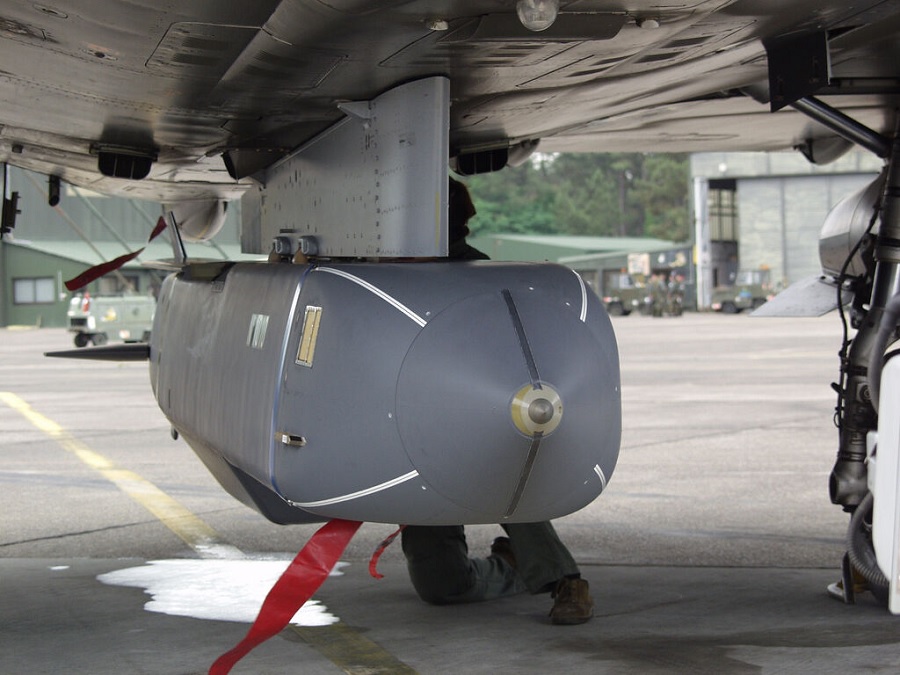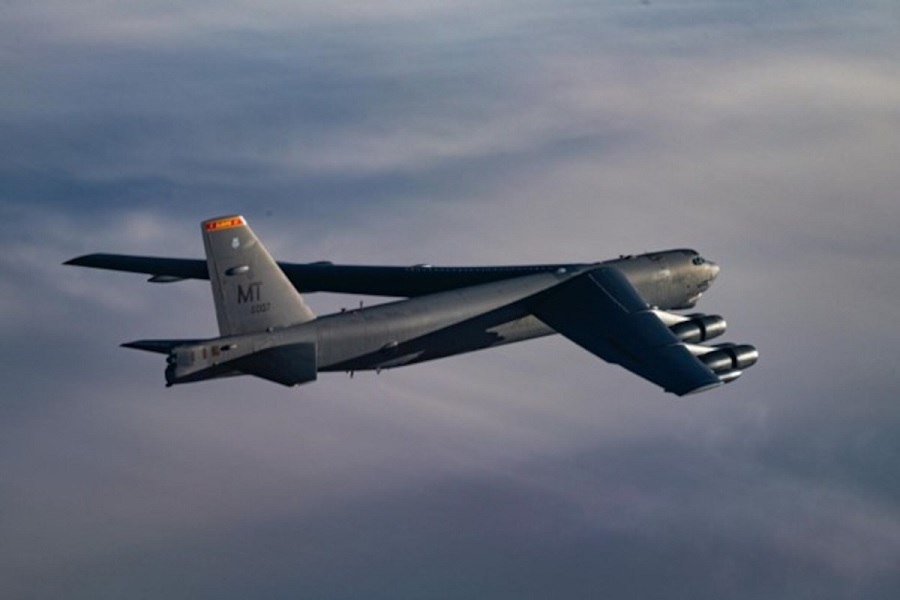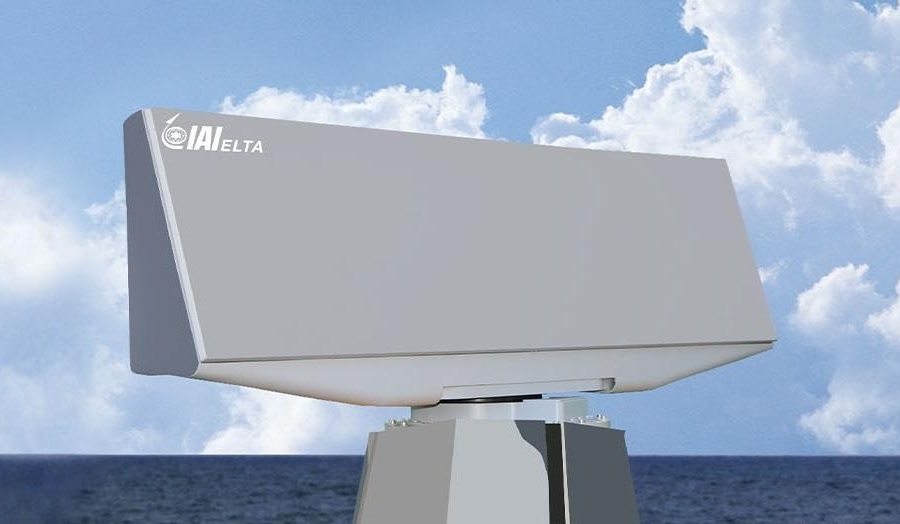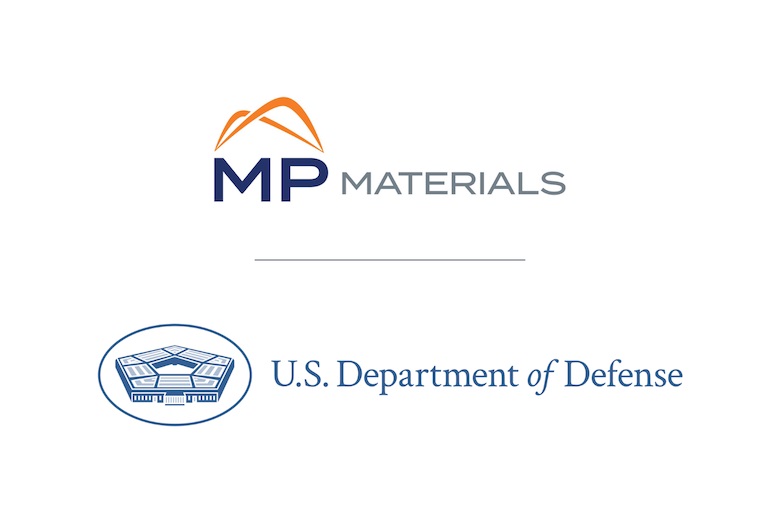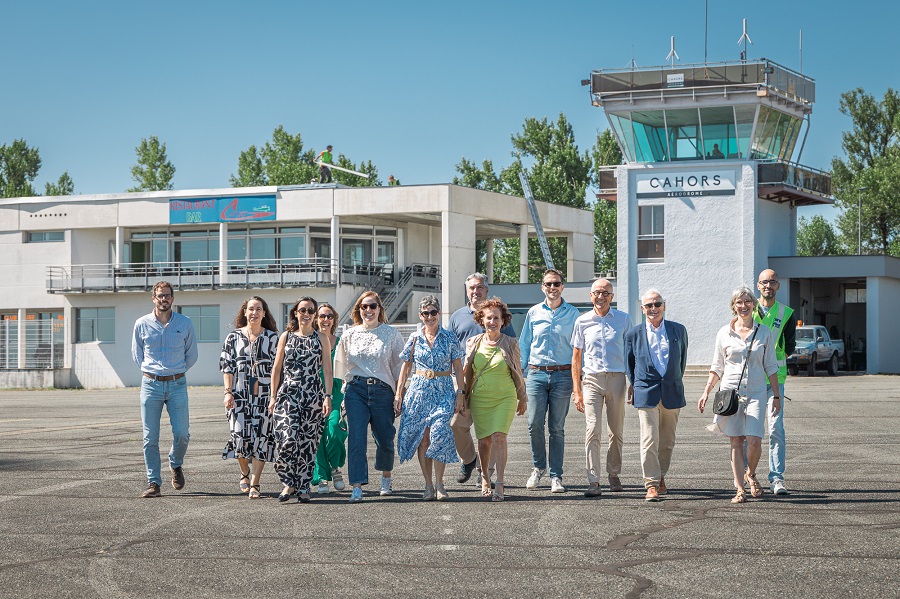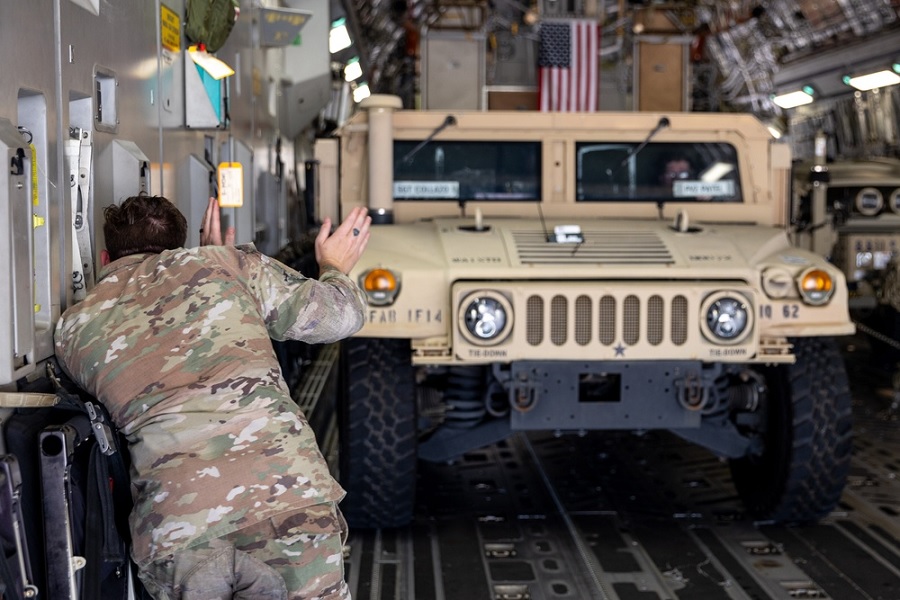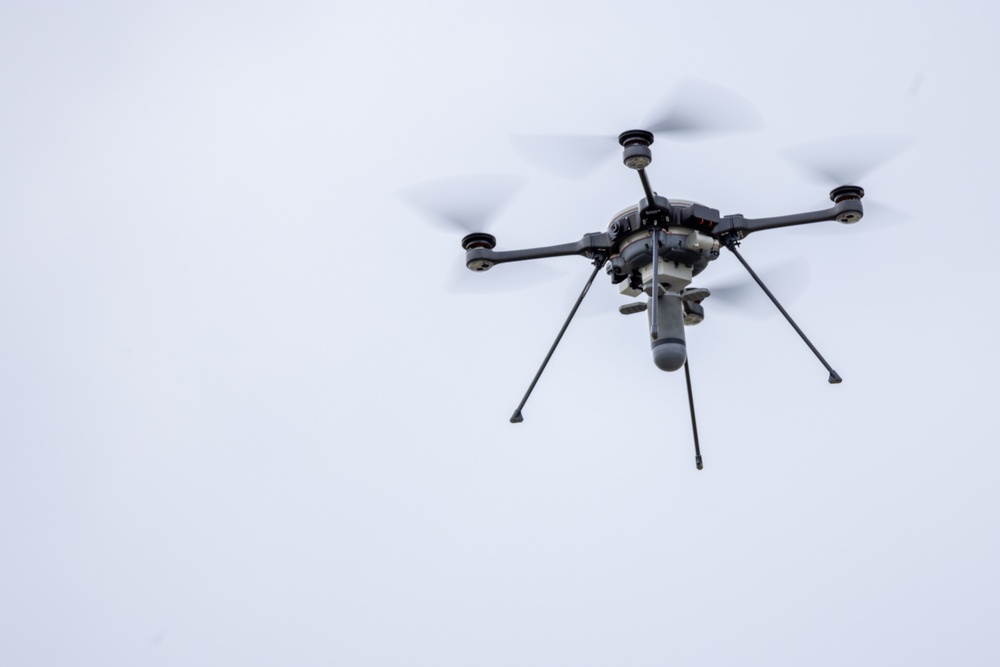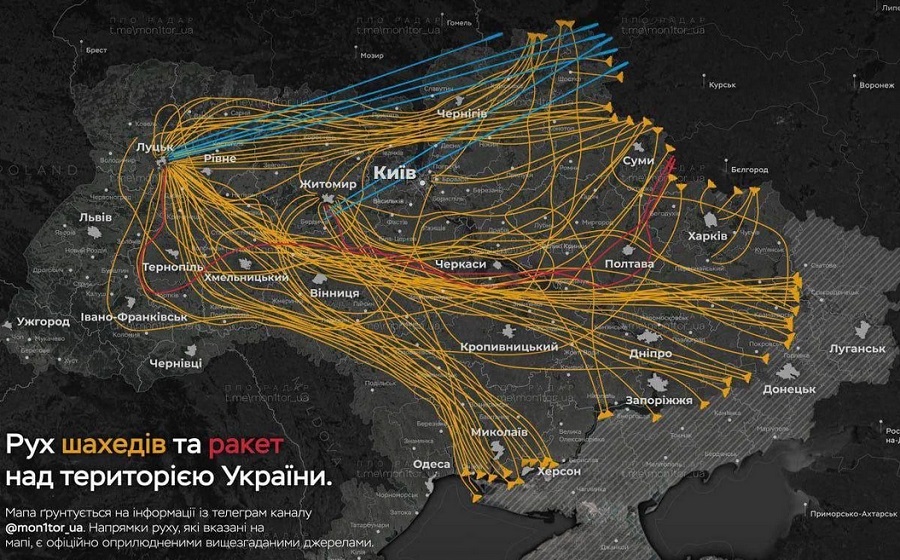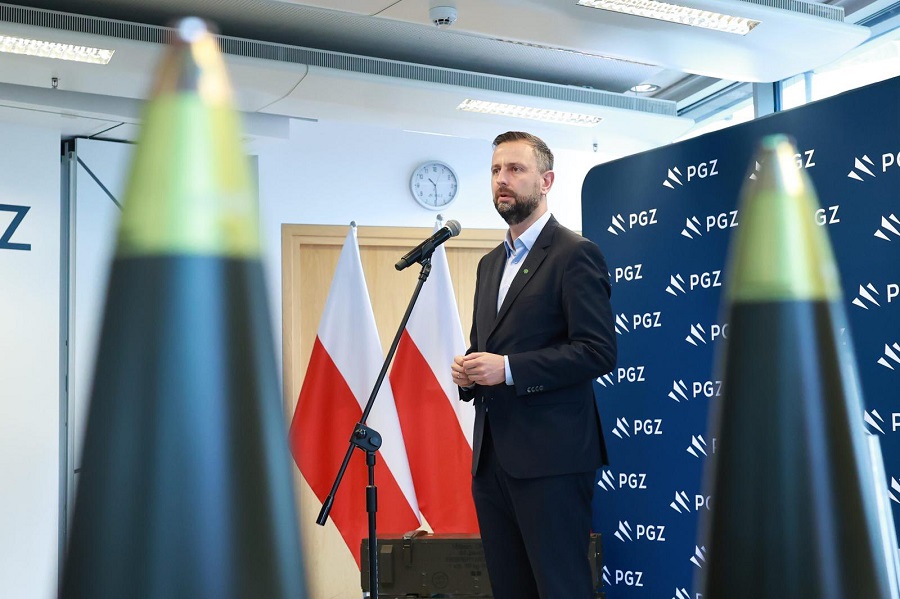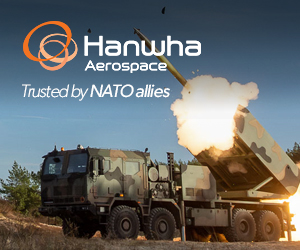EPF military assistance for Ukraine to date
The EPF entered into force in March 2021. Its financial ceiling is €5.692 billion (2021 prices) for 2021 to 2027, with an annual ceiling due to increase from €420 million in 2021 to €1.132 billion in 2027. Member States make yearly contributions to the EPF, an off-budget tool, in proportion to their gross national incomes.
Reacting quickly and unanimously to Russia’s war on Ukraine, which began on 24 February 2022, the Council has now adopted 12 decisions, providing for six tranches, each consisting of two assistance measures (mainly lethal equipment but also non-lethal support) for the Ukrainian armed forces (UAF). Each tranche has been worth €500 million. The Council’s two most recent decisions were adopted on 17 October 2022 – 2022/1971 and 2022/1972 – and also allowed the financing to be used for the maintenance and repair of military equipment already delivered.
The six tranches of EPF-funded military equipment for Ukraine delivered by Member States are worth €3 billion, split between lethal equipment and platforms (€2.82 billion) and non-lethal support (€0.18 billion). In just 8 months, more than half the EPF’s 7-year budget has been mobilised. Through the EEAS-hosted clearing house and the EPF committee, Member States can ask to be reimbursed, in part at least, for the equipment they have delivered, for lethal support, such as tanks, air defence systems, anti-aircraft and anti-tank missiles and ammunition, and non-lethal support, such as bullet-proof vests, helmets, first aid kits and fuel. Three Member States that used their constructive abstention with regard to the provision of lethal support on 17 October 2022, have made additional contributions, totalling €0.1 billion, for non-lethal support, raising the total EPF contribution to military assistance for Ukraine to €3.1 billion.
EU military assistance mission in support of Ukraine
In response to the Ukrainian authorities’ request for an EU military training mission, at its meeting on 17 October 2022, the Council set up an EU military assistance mission in support of Ukraine (EUMAM Ukraine). This was intended to enhance the military capability of the UAF to conduct military operations effectively, to enable Ukraine to defend its territorial integrity within its internationally recognised borders, effectively exercise its sovereignty, and protect civilians. The EUMAM will train 15 000 UAF personnel, in at least two training centres in Member States (one in Poland, the other in Germany), with the mission’s operational headquarters within the EEAS-hosted Military Planning and Conduct Capability (MPCC) in Brussels. The mission will be open to the participation of third states, such as the United Kingdom, the United States and Canada. The initial duration of this non-executive mission is 2 years. The EPF will finance the mission’s common costs up to €106.7 million.
Use of the EPF elsewhere in the world
The EPF was not designed to respond to a war on the European continent. Its original purpose was to allow the financing of common foreign and security policy (CFSP) activities with military or defence implications, and to express the EU’s ambition as a global security provider, for both its citizens and its partners. During its first 18 months of existence, the EPF has been used to fund the military component of CSDP (common security and defence policy) activities, mainly in Ukraine, but also, in other countries of the Eastern Neighbourhood, in the Western Balkans and in sub-Saharan Africa, and to assist the armies of partner countries, but without lethal elements.
Eastern Neighbourhood and Western Balkans
On 2 December 2021, the Council, established three EPF assistance measures for non-lethal equipment for the armies of Georgia (€12.75 million, Decision (CFSP) 2021/2134), Moldova (€7 million, Decision (CFSP) 2021/2136), and Ukraine (€31 million, Decision (CFSP) 2021/2135). On 30 June 2022 it adopted a further assistance measure for Moldova (€40 million of non-lethal equipment, Decision (CFSP) 2022/1093) and on 4 November 2021 an assistance measure (€10 million) for Bosnia and Herzegovina (BiH) (Decision (EU) 2021/1923), to provide the country’s demining battalion with medical and transport vehicles, and metal detectors). On 9 June 2022 the Council adopted an assistance measure (€6 million) for the Balkan Medical Task Force (BMTF), to equip the medical units of the armies of five Western Balkan non-EU countries (Albania, BiH, Montenegro, North Macedonia, Serbia), and of Slovenia (Decision (CFSP) 2022/906).
Sub-Saharan Africa
In the 2021-2022 period, the Council adopted a number of assistance measures and one concept note in relation to this region, incidentally the scene for the first ever mobilisation of EPF funds (for African Union (AU)-led PSOs):
- on 22 July 2021, the Council approved an assistance measure (€130 million, Decision (EU) 2021/1210) in the form of a general support programme for peace support operations (PSOs) of the African Union for 2021;
- on 21 April 2022, the Council agreed a new assistance measure to mobilise additional funding (€600 million, Decision (CFSP) 2022/667) for those PSOs, covering the years 2022 to 2024. Under this decision, the Council approved additional support to enhance the operational effectiveness of the Multi-National Joint Task Force (MNJTF) of the Lake Chad Basin against Boko Haram, in partnership with the AU (€10 million). The EPF funding of €600 million also includes additional support (€120 million) for the military component of the AU mission in Somalia/AU Transition Mission in Somalia (AMISOM/ATMIS), approved by the Council on 6 July 2022, and support (€15 million) for the Southern African Development Community (SADC) mission to Mozambique (SAMIM), approved on 8 September 2022. EPF support for AU-led PSOs now totals €730 million. This support was previously funded under the African Peace Facility;
- on 30 July 2021, the Council released a concept note for an urgent measure (€4 million) to equip the EU Training Mission in Mozambique (EUTM MOZ);
- on 19 November 2021, the Council approved an assistance measure (€40 million, Decision (CFSP) 2021/2032) for rapid reaction forces trained by EUTM MOZ;
- on 21 April 2022, the Council mobilised €45 million (Decision(CFSP) 2022/668) to further equip these forces;
- on 18 July 2022, the Council agreed an assistance measure (€25 million, Decision (CFSP) 2022/1236) for the army of Niger;
- on 2 December 2021, Council approved an assistance measure in support of the Malian army, in conjunction with the EU Training Mission in Mali (EUTM Mali) (€24 million, Decision (CFSP) 2021/2137);
- in April 2022, the Council suspended the operational part of the training of the Malian army under the EUTM Mali, given the likely increasing interferences and abuses of Wagner mercenaries. The Council confirmed this suspension on 17 October 2022.
In addition to these direct military assistance measures for partner countries, the EPF also funds the common costs of active CSDP military operations and missions in sub-Saharan Africa (such as EUTM MOZ). These cover 5 to 10 % of an operation’s total costs. They used to be funded under the Athena mechanism.
European Parliament position
On 8 June 2022, in its recommendation on EU foreign, security and defence policy, Parliament called for the right to be involved in the implementation and scrutiny of the EPF; for Ukraine to be supplied with weapons without delay, in line with its needs, notably by using the EPF; and for increased assistance for Georgia and Moldova through the EPF.
In its resolution of 6 October 2022 on Russia’s escalation of its war of aggression against Ukraine, Parliament called on the High Representative/Vice President of the Commission to coordinate weapons deliveries through the clearing house, including an EU initiative for the delivery of advanced weapons systems, such as Leopard tanks, and called on Member States to start training Ukrainian soldiers immediately in this regard. It also called on Member States and other countries supporting Ukraine to consider a lend-lease military assistance facility for Ukraine.
This article was originally published on the European Parliament website.



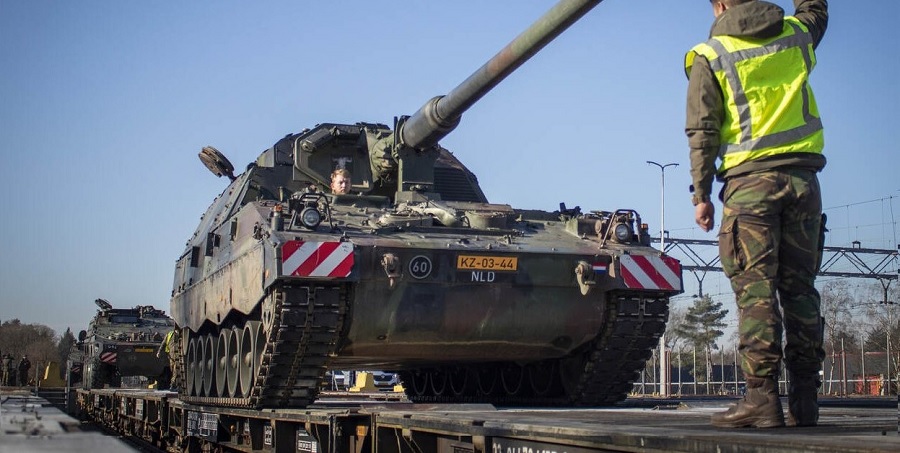
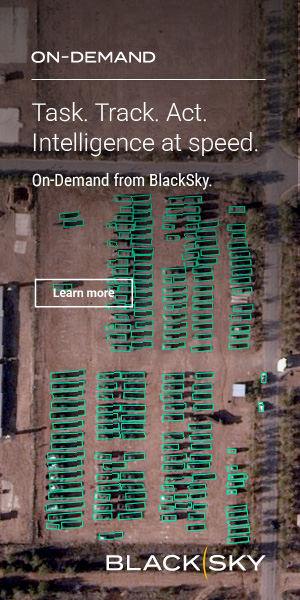


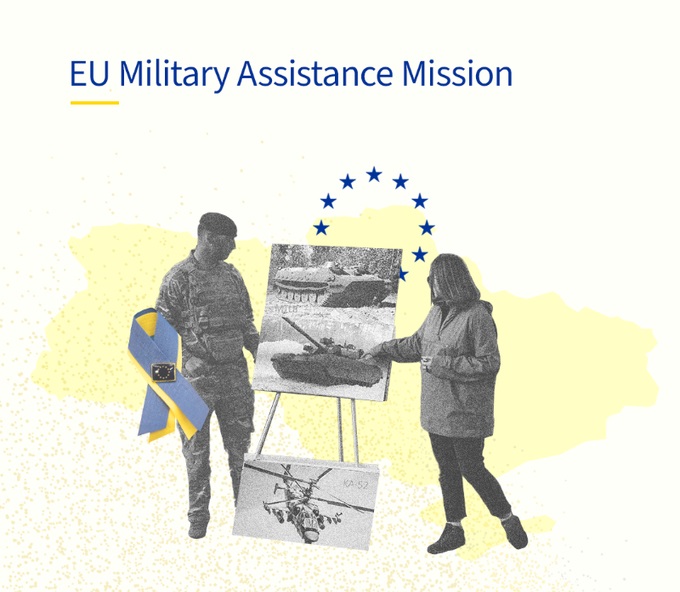
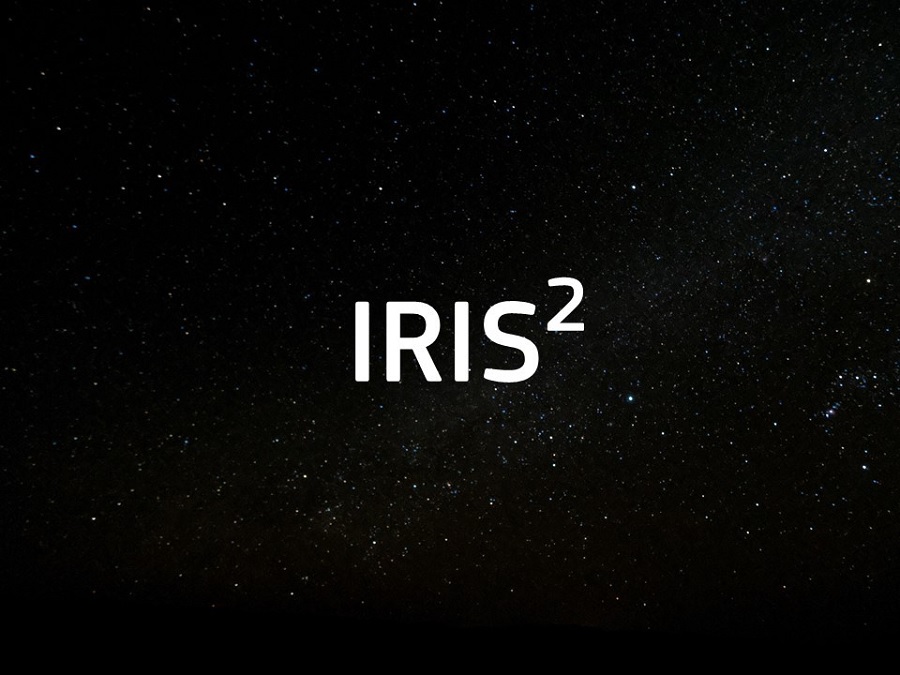
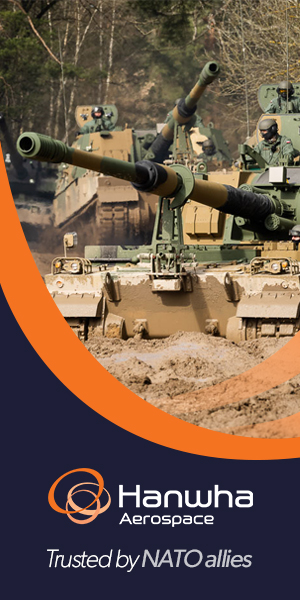
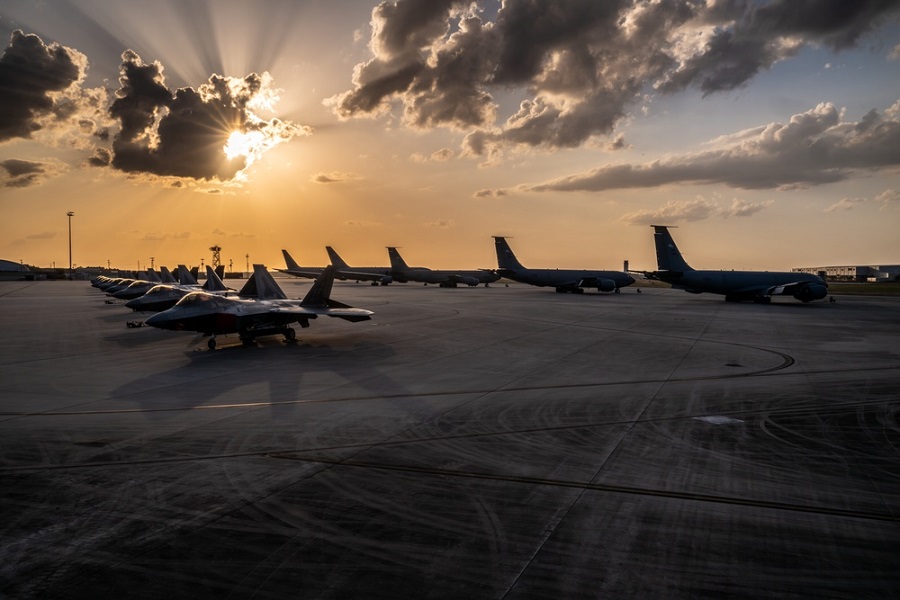
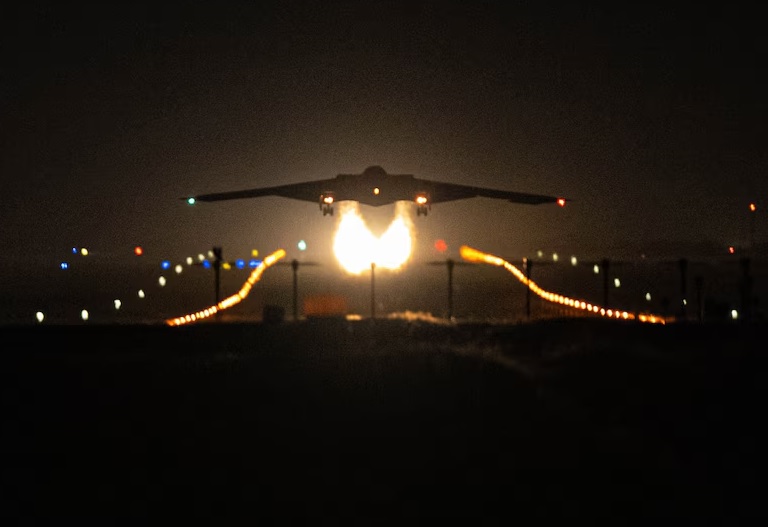
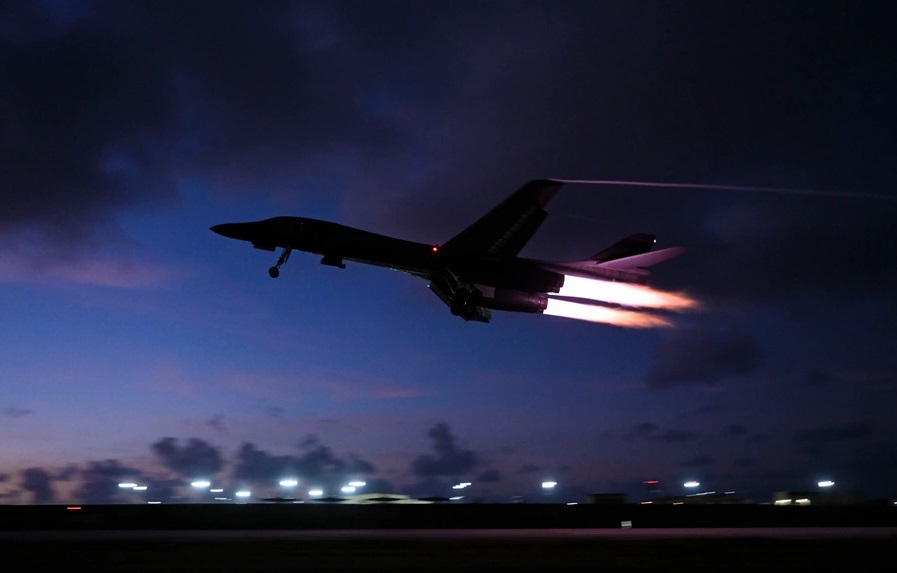
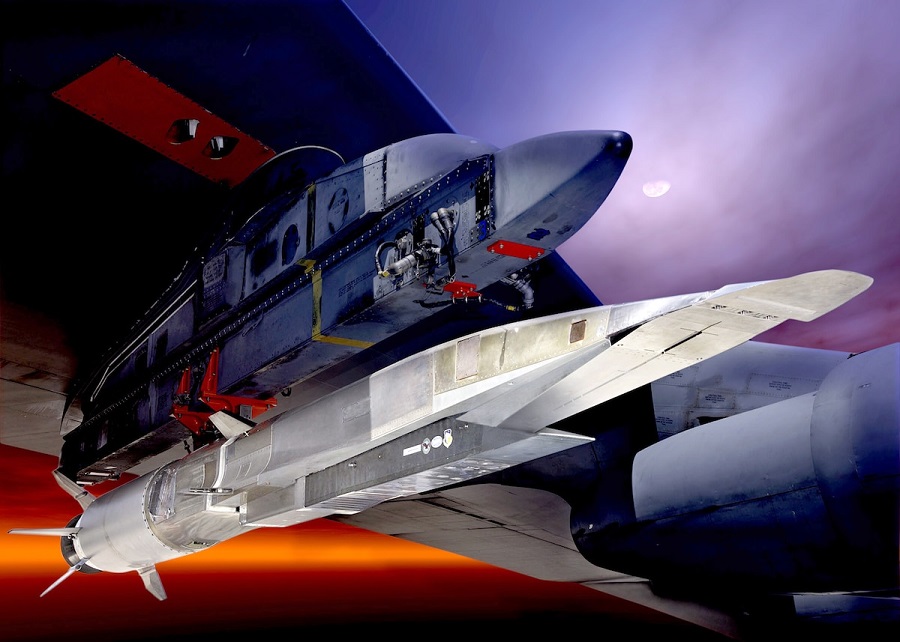
![Northrop Grumman conducts successful test of Mars ascent rocket motor [VIDEO]](https://defence-industry.eu/wp-content/uploads/2025/07/Northrop-Grumman-conducts-successful-test-of-Mars-ascent-rocket-motor-VIDEO.jpg)
